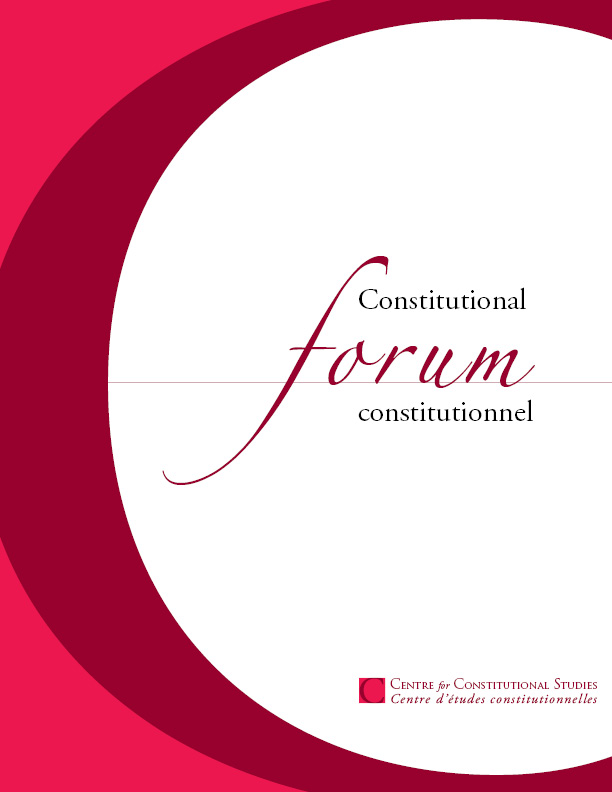KEEPING RELIGIOUS FUNDAMENTALISM UNDER WRAPS: THE CLOTHING CONTROVERSY IN SELECTED EUROPEAN COUNTRIES
DOI:
https://doi.org/10.21991/C9JQ1JAbstract
The passage by the French government in March 2004 of a law prohibiting the conspicuous display of religious symbols and the wearing of religious apparel by students enrolled in public schools caused considerable controversy, not only within France, but in other quarters as well, for the law stopped female students affiliated with Islam from wearing religious headscarves. Muslim groups both inside and outside France responded critically. Among the notorious repercussions of this law was the subsequent kidnapping in Iraq of two French journalists.1 Somewhat less publicized (but equally important) events in the past year have been decisions by European courts arising out of human rights challenges to similar bans – made in Turkey and in the U.K. – that apply to students’ attire when attending public schools or universities.2 In this instance, multicultural values
that would encourage students to display their religious commitments are subordinated. They must take second place to several European governments’ goal of promoting a strictly secular educational environment.
Downloads
Published
Issue
Section
License
Authors who publish with Constitutional Forum constitutionnel grant the journal the right of first publication, and agree to license the work under an Attribution-NonCommercial-NoDerivs (CC BY-NC-ND) that allows others to share the work for non-commercial purposes, with an acknowledgement of the work's authorship and initial publication in this journal, as long as no changes are made to the original work. Please use this format to attribute this work to Constitutional Forum constitutionnel:
"First published as: Title of Article, Contributor, Constitutional Forum constitutionnel Volume/Issue, Copyright © [year], Publisher"





